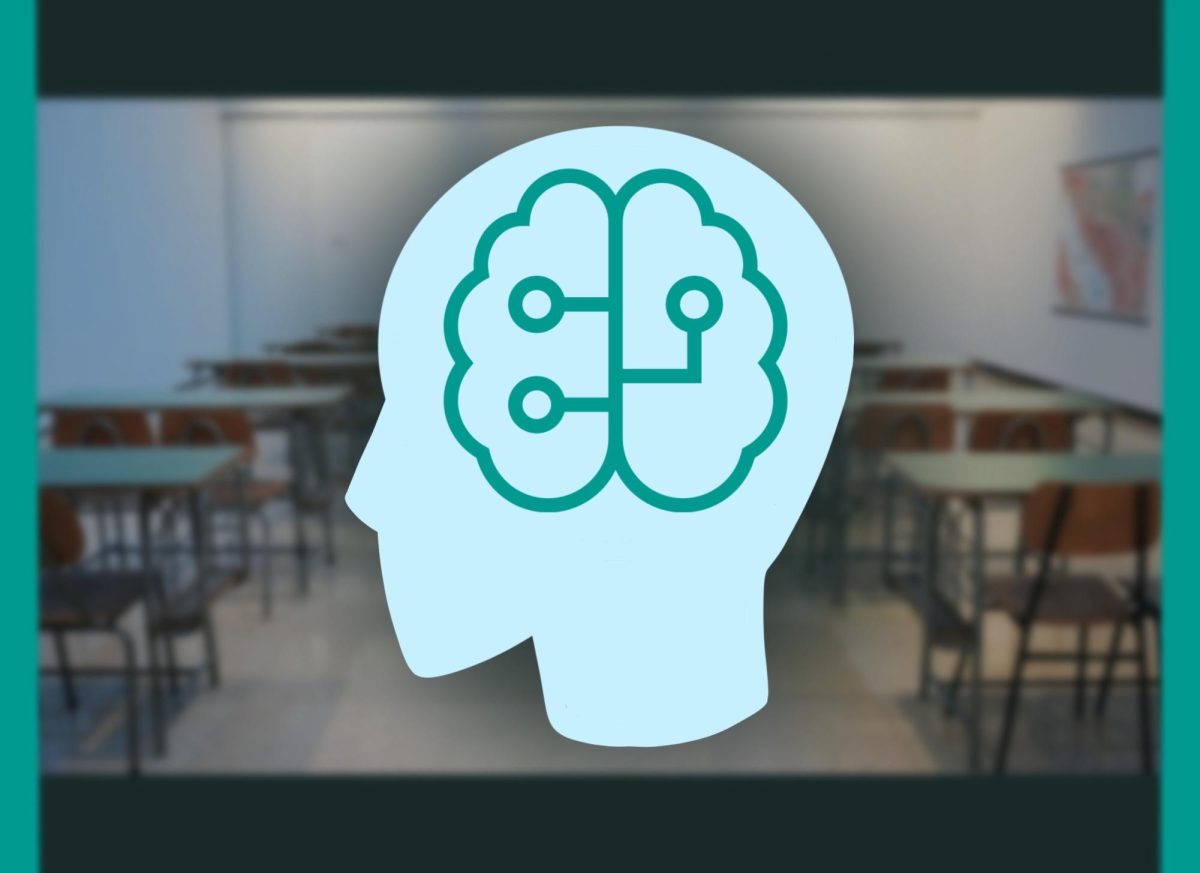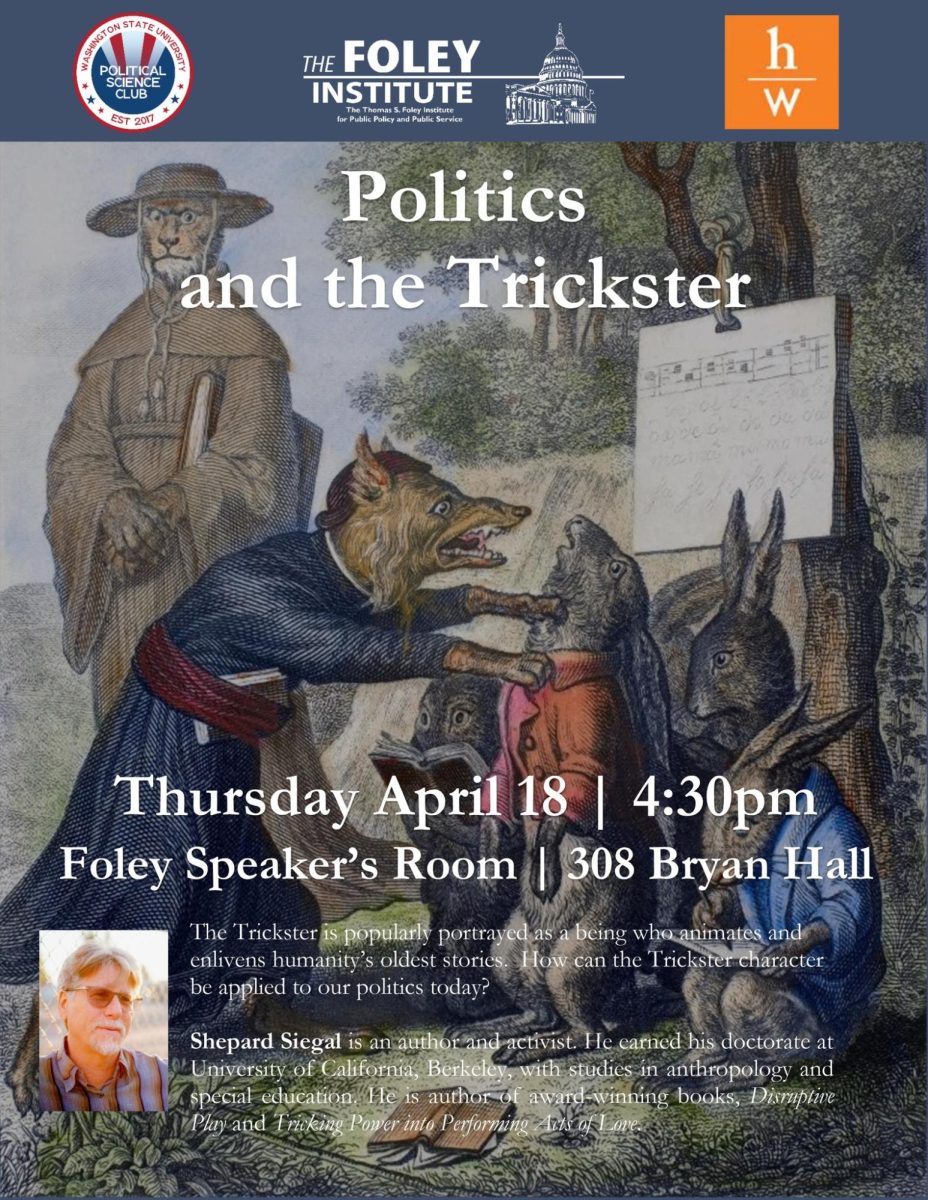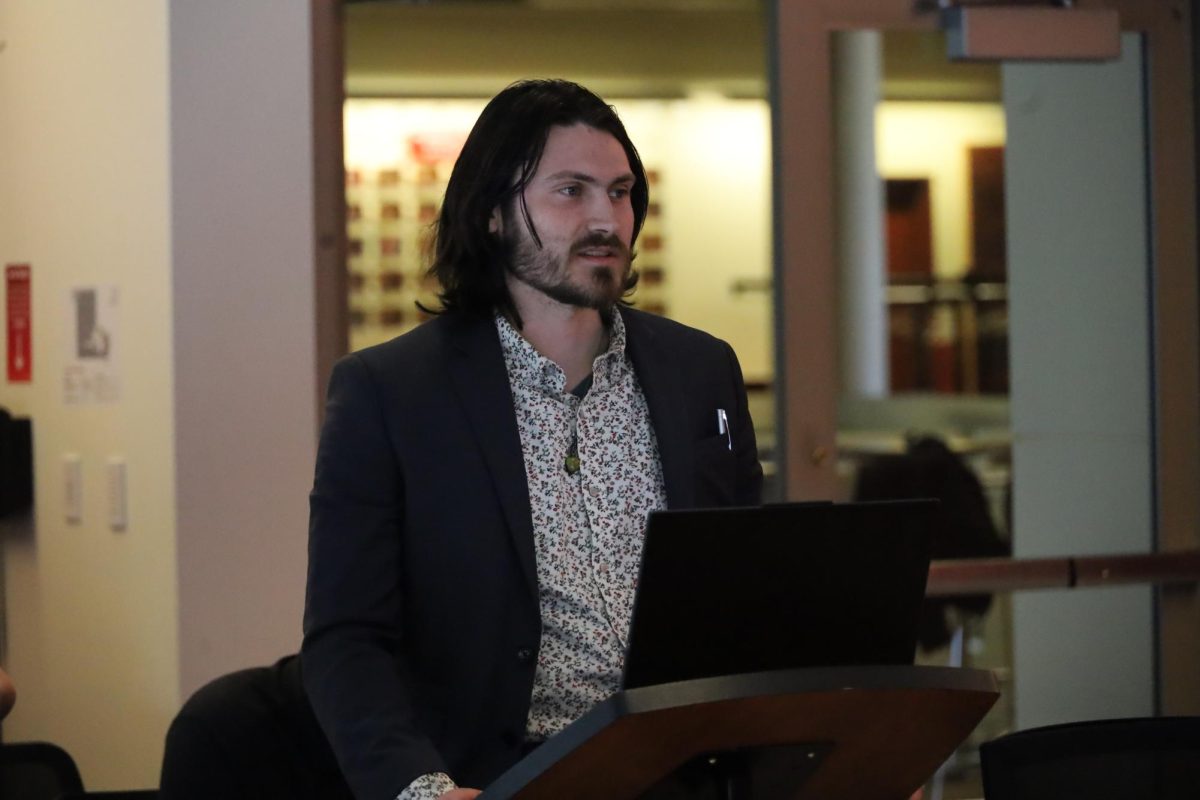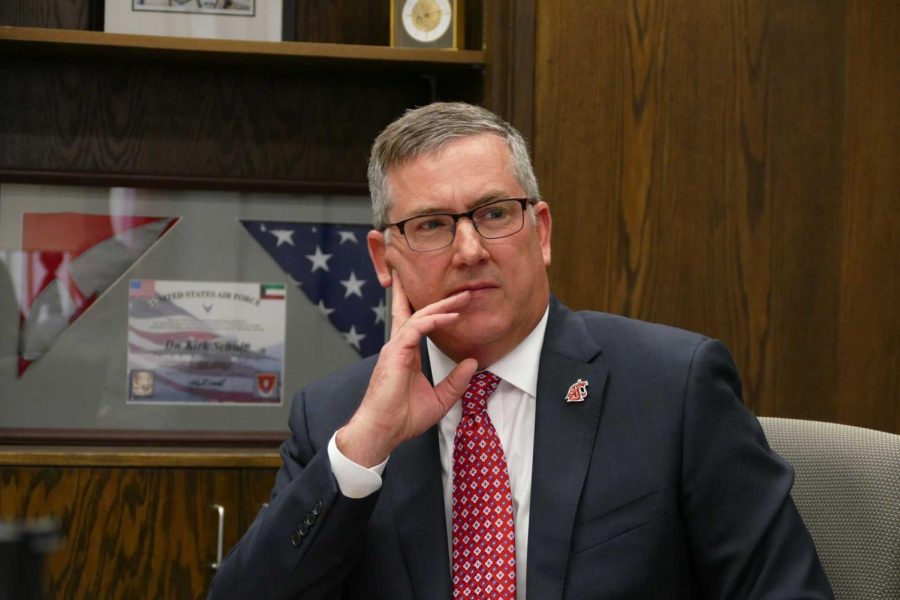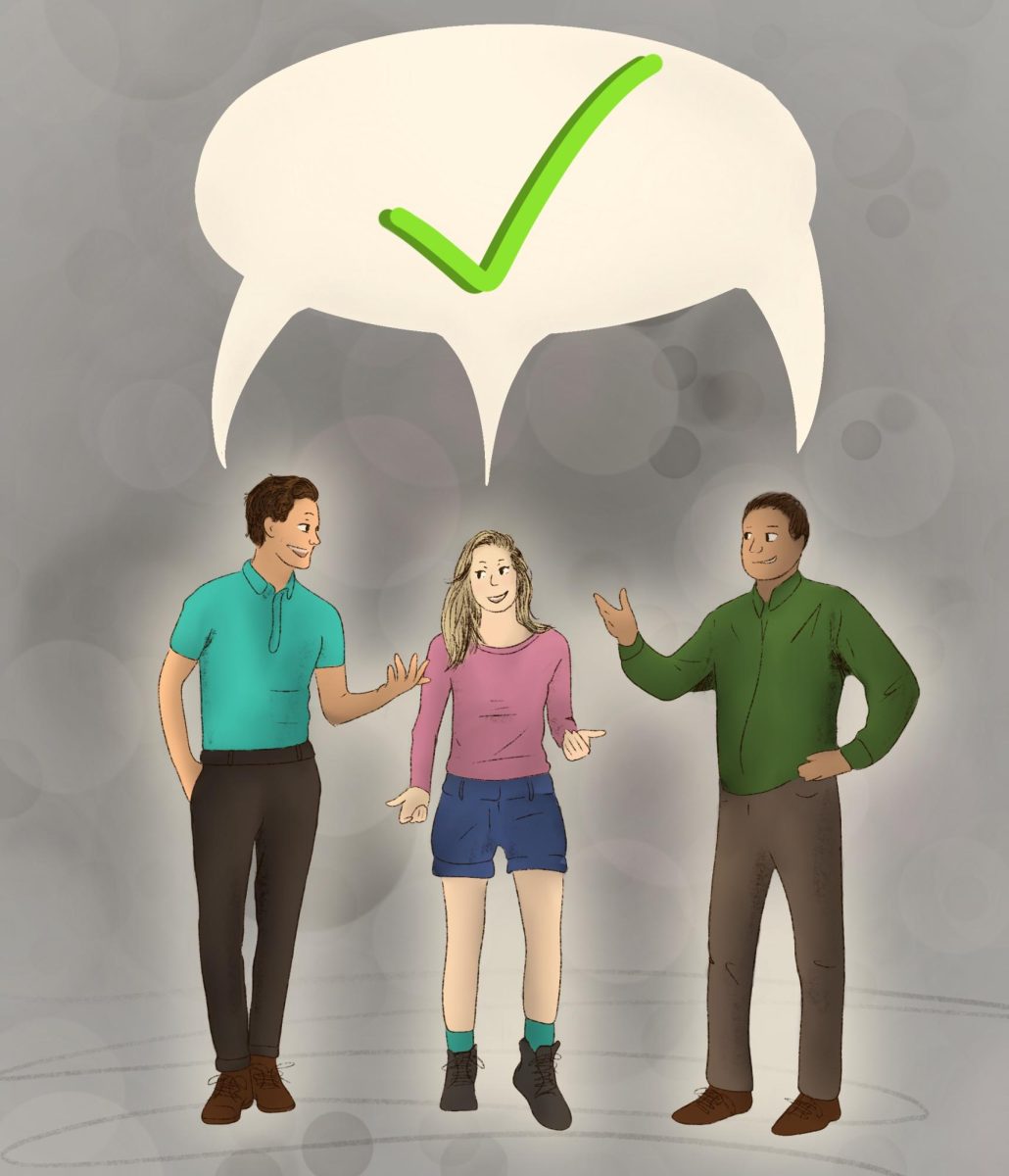WSU professors have noticed a change in student behavior within the last two decades following the rise of the internet, AI and social media.
Michelle Kistler, Murrow College of Communication assistant professor, said students now have access to a full-fledged walking handheld computer with access to global knowledge.
In this new environment, students have immediate access to nearly all of the information in the world within a matter of seconds, Kistler said. While the digital age has brought many positives, several downsides come with this new era.
One of the more obvious examples is because of the dopamine spikes and Short attention spans that have been created as a result of social media apps, she said.
“I believe it’s made it harder for students to focus more and be present in class,” Kistler said.
For most students growing up in this digital age, their brain hasn’t practiced paying attention and delving deep into information for an extended period of time, Kistler said. Many students have not had much experience reading textbooks or listening to lectures with no interruptions.
“In my classes, I have observed that for some students, reading for 20 minutes nonstop without picking up their phone is truly challenging,” Kistler said. “When I say reading, I mean reading closely. Reading isn’t just looking at words, it’s absorbing the information. And that is something that takes effort and cognitive strain.”
In the fast-paced digital environment in which Gen-z grew up, reading for an extended period was not practiced as much as it was for earlier generations, she said. Therefore, many students come into college lacking this crucial skill.
To accommodate the change in learning behavior brought on by the digital age, the Carson College of Business has moved from passive learning to what is defined as active learning, said Andrew Perkins, Carson College of Business marketing and international business associate professor.
Passive learning is defined primarily by reading, listening to lectures and note-taking, he said. Active learning is everything from analyzing case studies to teamwork and data analytics. Active learning is considered to incorporate more hands-on work.
There are many different learning styles. While some students may learn more from reading and listening to lectures, many learn more from active, hands-on experience, Perkins said.
With the shortening of attention spans, Kistler said she believes there has been a decreased ability to handle adversity as it relates to school work and a growing sense of disinterest in classrooms. Not only is it increasingly harder to absorb material, but students can now take massive shortcuts and have AI or other entities quickly and rather cheaply, do their work for them.
“Using AI as an editing tool is one thing, but submitting work that you could otherwise not do yourself, is fraudulent,” Kistler said. “There’s so much opportunity for growth and learning with new technology, yet you’ve been brought up in an environment that’s short and fast, short and fast, short and fast.”
Tech companies purposely make their services addicting to make money, however, this has a ripple effect that is changing the classroom environment, Kistler said. When students spend less time absorbing materials such as reading, studying and listening to lectures, it is reasonable to assume they are ultimately learning less.
Perkins said there is a lot of research that suggests students feel more entitled to better grades now because they’re paying for it. It used to very much be that college was not just an assumption, but you had to be good enough to get in.
Now college is, in most cases, required if you want a stable career. This societal pressure could be the cause for why students are feeling more entitled to get grades based on effort rather than accuracy, Perkins said. The power that comes with having social media and the internet could contribute to this, but it is hard to pinpoint exactly why this ideology has manifested.
Besides learning habits changing, Perkins said the student-teacher dynamic has also shifted within the past 15-20 years. In March 2020, Chat GPT -3 came out and changed everything.
“I and a few other faculty here in the business school began to think of how this would impact learning. Instead of banning AI, we decided to embrace it and teach students how to use it as a tool for efficiency to best prepare them for their careers,” Perkins said.
AI and the internet can provide you with any information you want, but it does not give you the context of the information, why it is important, or how you use it, he said.
“The digital age will get exponentially louder, faster, and harder for the rest of everybody’s lives. We’re gonna be inundated with misinformation and disinformation and inaccurate things and bias,” Perkins said. “Our new responsibility as teachers is to help students wade through this mass amount of information and digest it correctly.”
Kistler said in this new environment, everyone gets to have the same megaphone as people who are well-studied or credible.
“In recent years we have emphasized evaluating source credibility and the strength of evidence presented In classes more,” Kristler said. “Whereas when I was an undergraduate that was rarely discussed.”
This megaphone phenomenon has ignited a term most are familiar with, called cancel culture Kristeler said. While cancel culture has great benefits and has succeeded in holding many people accountable for their actions, there is also potential for this behavior to cause damage.
In cancel culture, anyone with “a megaphone” can complain about something they feel is offensive, she said. If enough people online agree, the person who is accused of being offensive can lose their career or their reputation within a matter of days.
Kistler said the issue here is that offensiveness is completely relative to the person. It is almost impossible to predict who will get offended at what. Teachers are not immune to cancel culture either.
“I have had students complain about the material in class, accusing me of being offensive and trying to get me fired,” she said. “I can’t speak for all teachers, however, I think many, including myself, are hesitant to talk about controversial subjects in class because we don’t want to accidentally offend anybody … This brings us to the question, do we have the freedom to challenge or push students’ thinking?”









